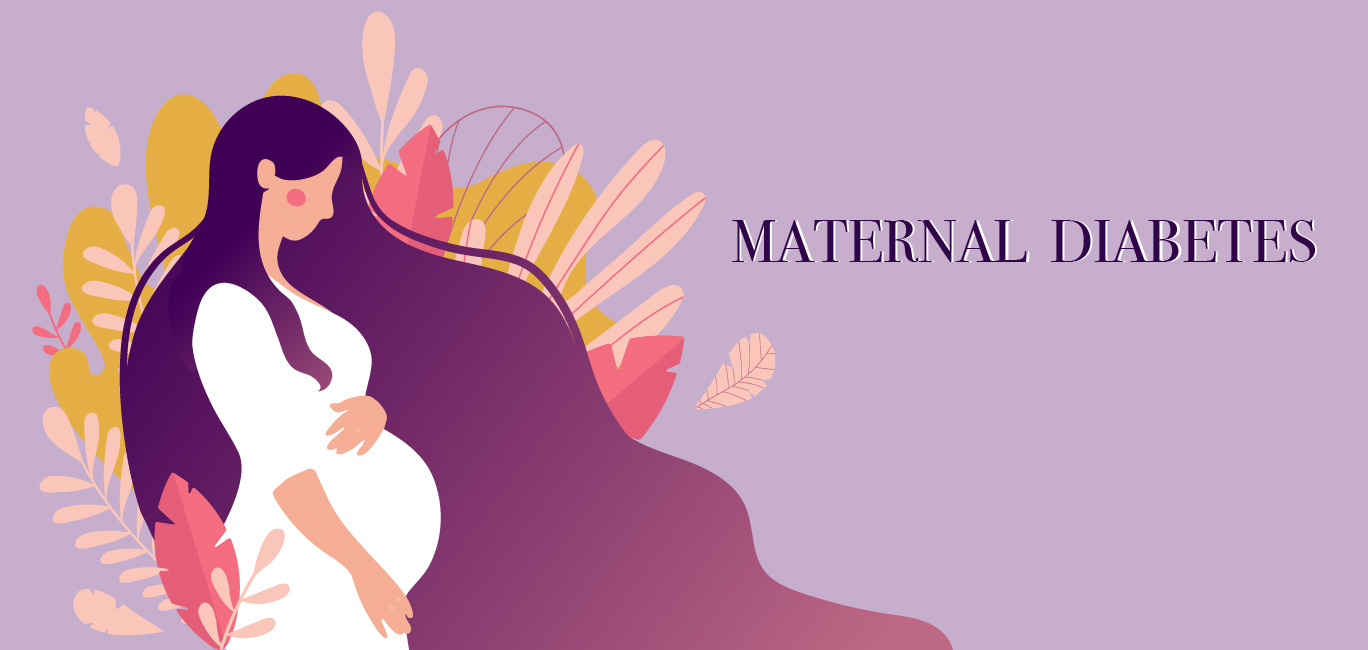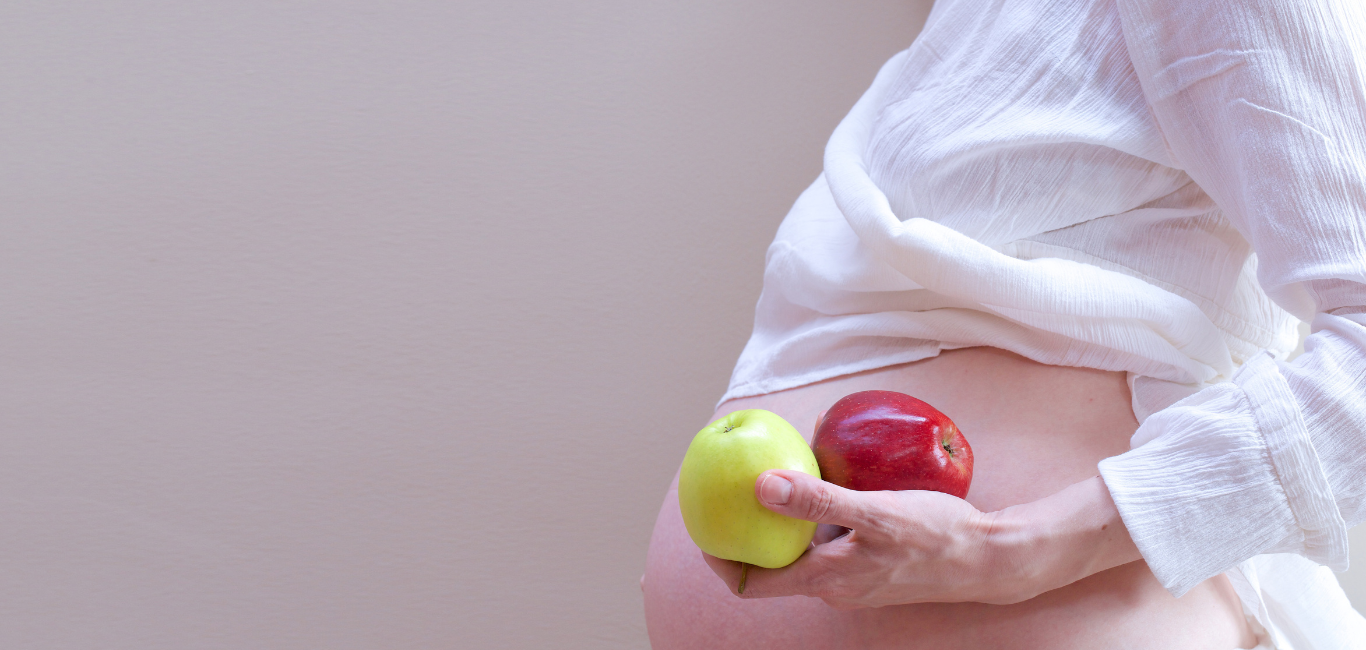
A study published in Development Medicine & Child Neurology finds that any type of diabetes during pregnancy could substantially increase the child’s risk of developing neurodevelopmental conditions like autism, intellectual disability and ADHD (attention deficit hyperactivity disorder).
The four-year-long study, recorded the neurodevelopmental observations of 877,233 Taiwanese children whose mothers had type 1, 2, and gestational diabetes during pregnancy.
The findings could help to determine early if the child is vulnerable to conditions such as autism spectrum disorder, attention-deficit hyperactivity disorder, intellectual disability, developmental delay, cerebral palsy, and epilepsy, or infantile spasms.
Previous studies by Swedish scientists found similar results; however, the database for their observations was limited to Europe. Therefore, whether the same risks hold for other demographics was not clear. The current research has overcome that limitation by analysing the data on the Asian population.
Filling in the gaps
Researchers have extensively investigated the effects of pregnancy-time diabetes on both mothers and their babies. Dr Sudip Chowdhury, a consultant paediatrician at Manipal Hospital in Gurgaon, agrees that children born to women having diabetes are at a higher risk of pre-term birth and breathing problems.
“They are more prone [than other babies] to sepsis, respiratory distress, or low blood sugars,” he says. Studies have also shown the effects of diabetes on the brain growth of the baby.
However, the effect of diabetes on the child’s brain while in the womb and its potential to cause neurodevelopmental conditions during the child’s growing years have not been studied thoroughly.
The current research bridges the gap in a small way.
Read more: Physiotherapy for cerebral palsy: meeting milestones
Double-edged swords
It is well known that diabetes is the outcome of pancreatic dysfunction: either due to low insulin production or ineffective utilisation of the insulin in the body.
Studies have shown that the onset of diabetes in pregnant women occurs in two ways:
- pre-gestational diabetes (type 1 and type 2) – Mothers-to-be already having diabetes conditions before the pregnancy.
- gestational diabetes – when they develop diabetes typically 24- 28 weeks into pregnancy.
The foetus draws its nutrient supply from the mother via the placenta. Research has also shown that glucose and oxygen are essential for the baby’s brain to grow well. Normally ‘beta cells’ in the pancreas maintain healthy blood sugar levels in the mother-to-be, thereby regulating the growing baby’s glucose demands. However, pre-gestational and gestational diabetes conditions increase her blood sugar levels and disrupt the way fat is metabolised in her body, decreasing essential fats and escalating the harmful cholesterol in her blood.
Omega-3 fatty acids are vital for foetal brain development in the third trimester and help to strengthen the neurons, neurotransmission and protection from toxins as they reduce oxidative stress. Therefore, when the amount of omega-3 fatty acids decreases in the mother’s blood, it raises the risk of neurodevelopment in the offspring.
Another study in mice has found that high blood sugar levels affect the function of the genes that regulate the growth of the baby’s brain cells during its growth phase.
Diabetes and neurodevelopment
In the current study, the researchers selected children of women who had type 1, type 2, and gestational diabetes and monitored them for four years to know how maternal diabetes affected the children’s neurodevelopment.
They grouped the data based on the type of diabetes the mothers had and compared it with their offspring’s brain development. The researchers found that:
- Offspring of mothers with pre-gestational (type 1 diabetes and type 2 diabetes) and gestational diabetes were prone to developmental delay, intellectual disability, spectrum disorder, ADHD, cerebral palsy and epilepsy.
- Type 1 diabetes in mothers increases the risk of neurodevelopment disorder in children compared to type 2 diabetes and gestational diabetes.
Both these research studies – on the European and a specific Asian population — concluded that diabetes during pregnancy increases the risk of neurodevelopment disorders in children. However, children from mothers with gestational diabetes are at higher risk of neurodevelopment disorders in European countries. Children from mothers with pregestational type 1 diabetes are at higher risk in Asian countries.
Read more: Study link high BMR with brain health
Read more: Obesity : the reasons lie in the brain at birth
The oxygen issue
Based on his experience, Dr Chowdhury says type 1 diabetes in mothers could also disrupt the oxygen levels available for the baby, causing a condition called foetal hypoxia. “Foetal hypoxia can lead to cerebral palsy, delayed crying, and hypoxic ischaemic encephalopathy (HIE) — a type of brain dysfunction,” says Dr Chowdhury.
A mother’s diabetic condition can also cause macrosomia, a state where the baby is born with excessive weight. The excess weight causes delivery complications, in turn leading to hypoxia.
The researchers plan to scale up their research and find the molecular mechanism behind the link between maternal conditions and brain development.
“Mechanistic studies are needed to explore how maternal conditions, such as diabetes, may shape brain development in the womb,” says corresponding author Pao-Lin Kuo, MD, of National Cheng Kung University Hospital in a statement.

















